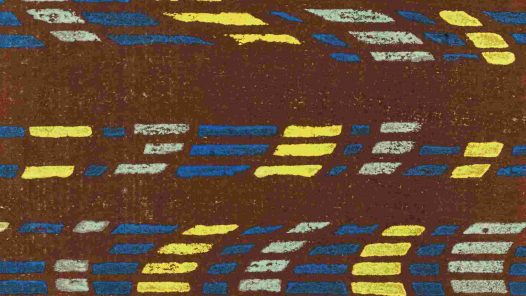The editors of the Oxford English Dictionary recently added several Irish English terms. One of them is segotia, which means “friend.” There’s an entry for this word, also spelled segocia, in Grant’s own book, The Official...
The English words vein and vain may be homophones, but they come from completely different etymological roots. Vein traveled into English via Old French veine, which in turn came from Latin vena, meaning “blood vessel.” Vain, meaning...
Diane calls from eastern North Carolina to talk about a phrase her father used if she asked him to repeat something: I never chew my celery twice. He probably conflated the idea of chewing celery with some far more common expressions involving doing...
Damien from New York City, NY, is curious about the term his Hungarian grandmother used for the crust that forms at the corners of your eyes after a night’s sleep. The Hungarian word for eye boogers is csipa, pronounced “CHEE-pah.”...
Jonah, a music teacher, in Baltimore, Maryland, shares a funny story about a student who misunderstood his question about the capital of his home state. That left Jonah wondering about the difference between the words capital and capitol. The former...
Brian in Pittsburgh, Pennsylvania, reports hearing an older person talk about getting the receipt for a dish, using the word receipt in the same way that others might use the word recipe. The use of receipt as a synonym for recipe, as in “a...








